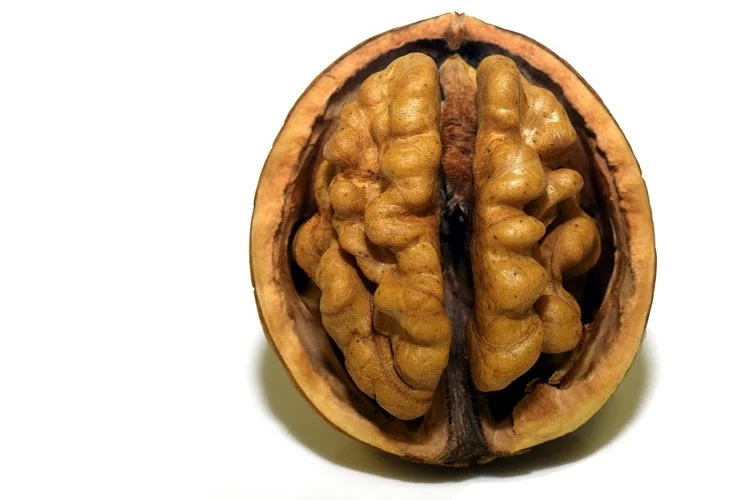Muslims all over the world are getting ready to fast. During the holy month, they will abstain from food and drink, among other things, in accordance with Allah’s command. Fasting has numerous health benefits that many of us overlook or are unaware of, aside from the religious obligations that Muslims have during the holy month
Muslims all over the world are getting ready to fast. During the holy month, they will abstain from food and drink, among other things, in accordance with Allah’s command.
Fasting has numerous health benefits that many of us overlook or are unaware of, aside from the religious obligations that Muslims have during the holy month of Ramadan. Fasting has several advantages in terms of health and hygiene. A Muslim is taught to be healthy, clean, alert, agile, and energetic by Islam. Today’s doctors recognize the numerous benefits of fasting for maintaining one’s health and the soundness of one’s body and mind.
To begin, there is some evidence that fasting can reduce the amount of lipoprotein or “bad” cholesterol in the bloodstream and improve the way your body metabolizes sugar, potentially lowering your risk of heart disease.
Fasting, according to research, may improve blood sugar control, which can protect against cardiovascular disease and lower cholesterol, as well as lower the risk of heart attack or stroke. This newly lower cholesterol level should be easy to maintain if people continue to eat a healthy diet after Ramadan.
Fasting aids in weight loss

A team of Texas researchers recently conducted a study on intermittent fasting and discovered that time-restricted fasting, which involves periods of little or no food, reduces inflammation, improves blood lipids, and aids in weight loss.
When we fast, our cells are stressed, which can aid in weight loss because fat is used as a source of energy. This aids in the maintenance of blood sugar and cholesterol levels. During a fast, the human body begins to burn calories more slowly. It switches from using carbohydrates as its primary fuel to using fats, ensuring the body has a constant source of energy.
Fasting also causes the stomach to gradually shrink, implying that we will eat less food to feel satisfied. It is critical to choose an effective diet that works in the long run if you want to lose weight and keep it off.
Fasting In Ramadan: Detoxifies and reduces toxins in the body

Many chronic diseases have been linked to the toxic burden carried by the human body and its inability to efficiently remove waste. Toxins can take the form of nicotine and other harmful drugs, as well as fats or cholesterol.
Fasting is a method of detoxification from unwanted chemicals in our food and environment. To get the most out of this detoxification during Ramadan, it’s important to follow the sunnah and avoid sleeping during the day, as well as eat in moderation.
Fasting In Ramadan re-sets your metabolism
Fasting during Ramadan also gives us a chance to reset our metabolism, forcing the body to work harder during the hours without food and drink, using up fat sources, and getting rid of toxins.
It is advisable that we break our fasts with nutritious foods as our body needs them most, and pick healthy, carbohydrate-heavy choices for Suhur (the meal before dawn). This sets the metabolism up for the day to get the most nutrients from food consumed and it will boost energy levels.
Fasting boosts brainpower

Fasting has also been shown to improve brain productivity. A study conducted by health professionals discovered that fasting puts our brains under stress, causing them to produce a protein known as a brain-derived neurotrophic factor (BDNF) – which aids in the rejuvenation of brain stem cells.
Lasting Appetite Reduction

One of the main issues with extreme fad diets is that any weight lost is frequently quickly regained, sometimes with a little extra. This is not true during Ramadan. The decrease in food consumed during fasting causes your stomach to gradually shrink, requiring you to eat less food to feel full.
Ramadan is a great time to start if you want to get into the habit of eating healthy. When it’s done, your appetite will be lower than it was before, and you’ll be far less likely to overeat.
Absorb More Nutrients

By not eating throughout the day during Ramadan, your metabolism will become more efficient, which means the number of nutrients you absorb from food will improve. This is due to an increase in adiponectin, a hormone that is produced by a combination of fasting and late-night eating and allows your muscles to absorb more nutrients.
This will result in health benefits throughout the body as various areas are able to better absorb and use the nutrients they require to function.
Ditch Bad Habits

Ramadan is an excellent time to break bad habits because you will be fasting during the day. Vices like smoking and sugary foods should be avoided during Ramadan, and as you abstain from them, your body will gradually adjust to their absence, until your addiction is permanently broken. It’s also much easier to break bad habits in a group, which should be easy to find during Ramadan. Fasting has such a powerful ability to help you break bad habits that the UK’s National Health Service recommends it as the best time to quit smoking.
 Magazine
Magazine 


















Leave a Comment
Your email address will not be published. Required fields are marked with *